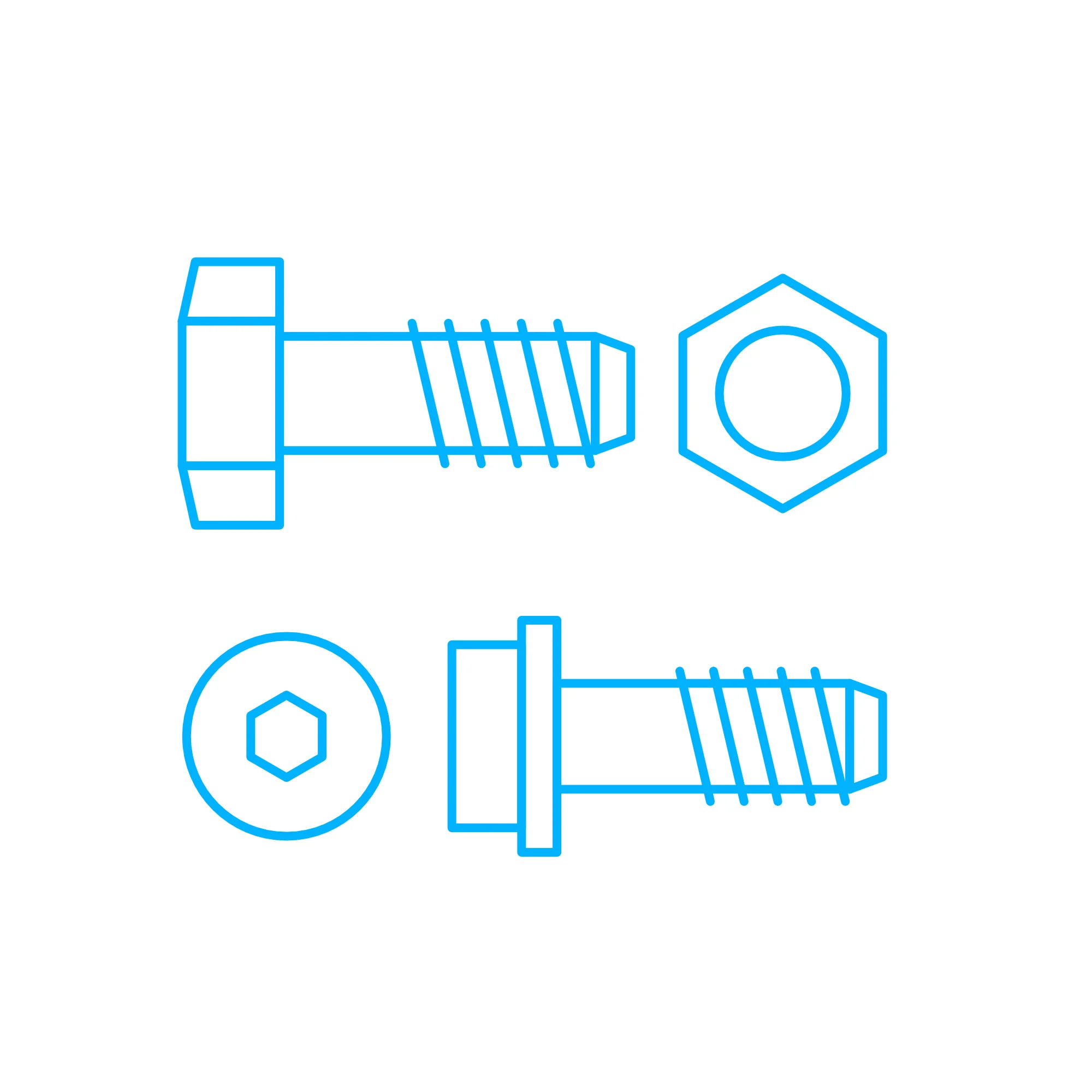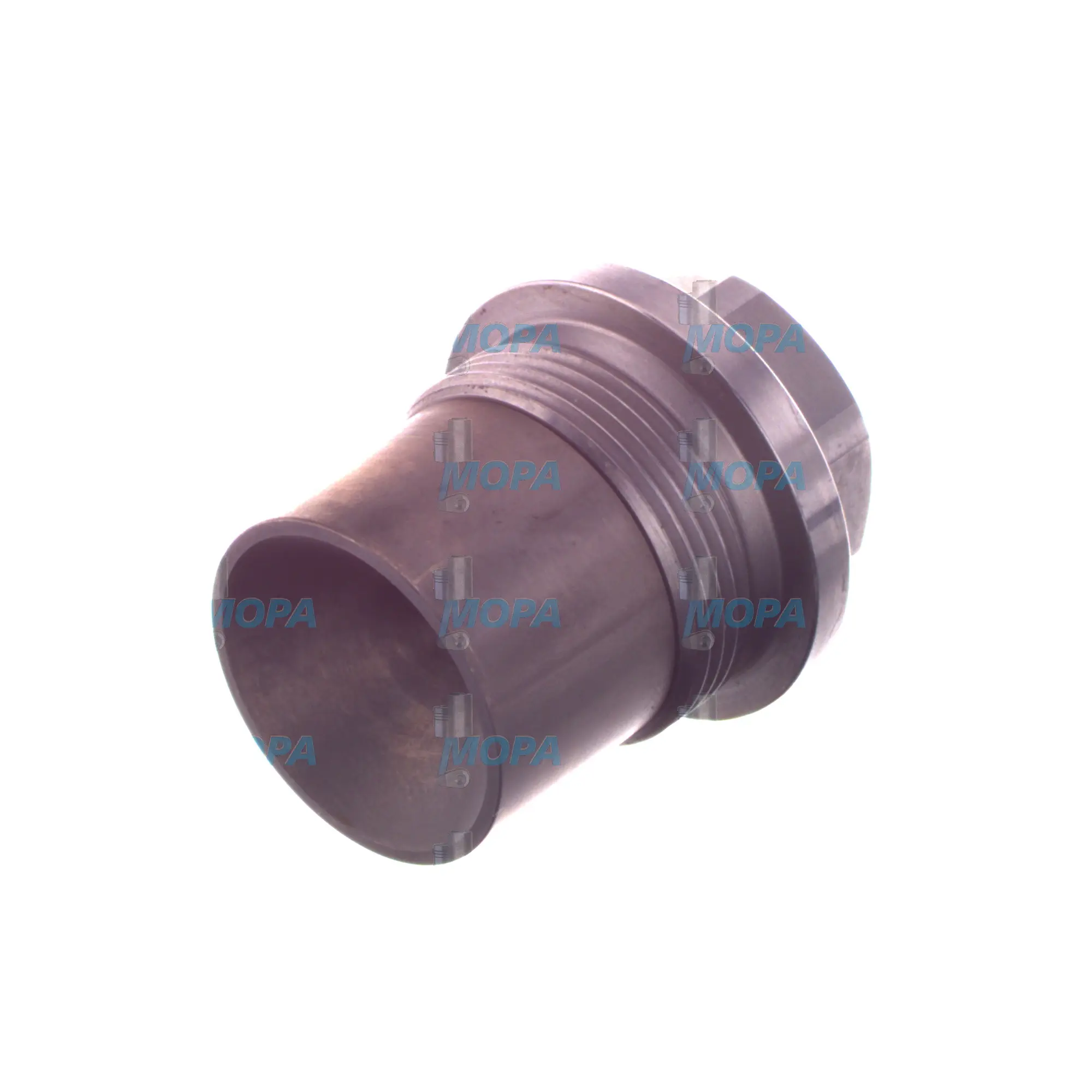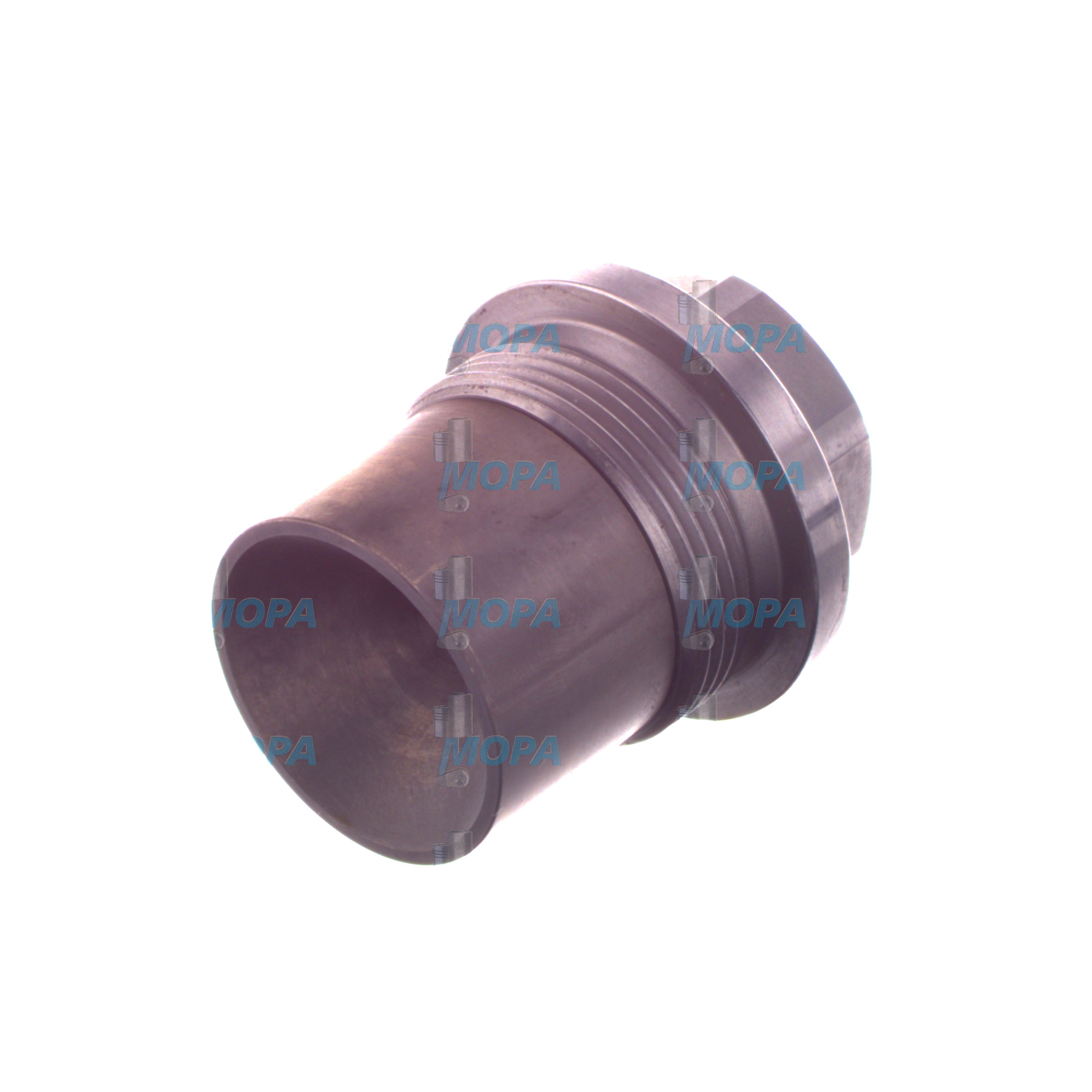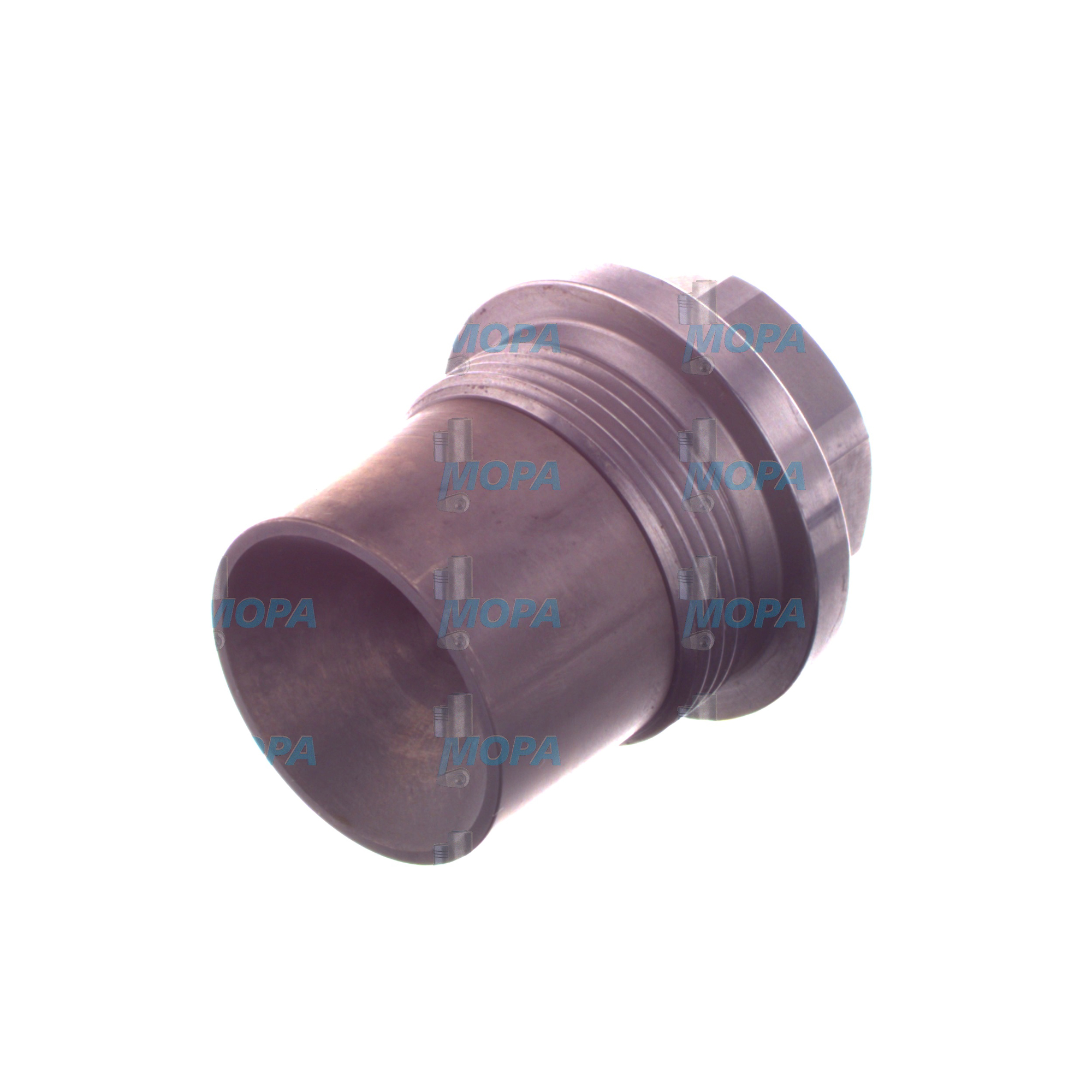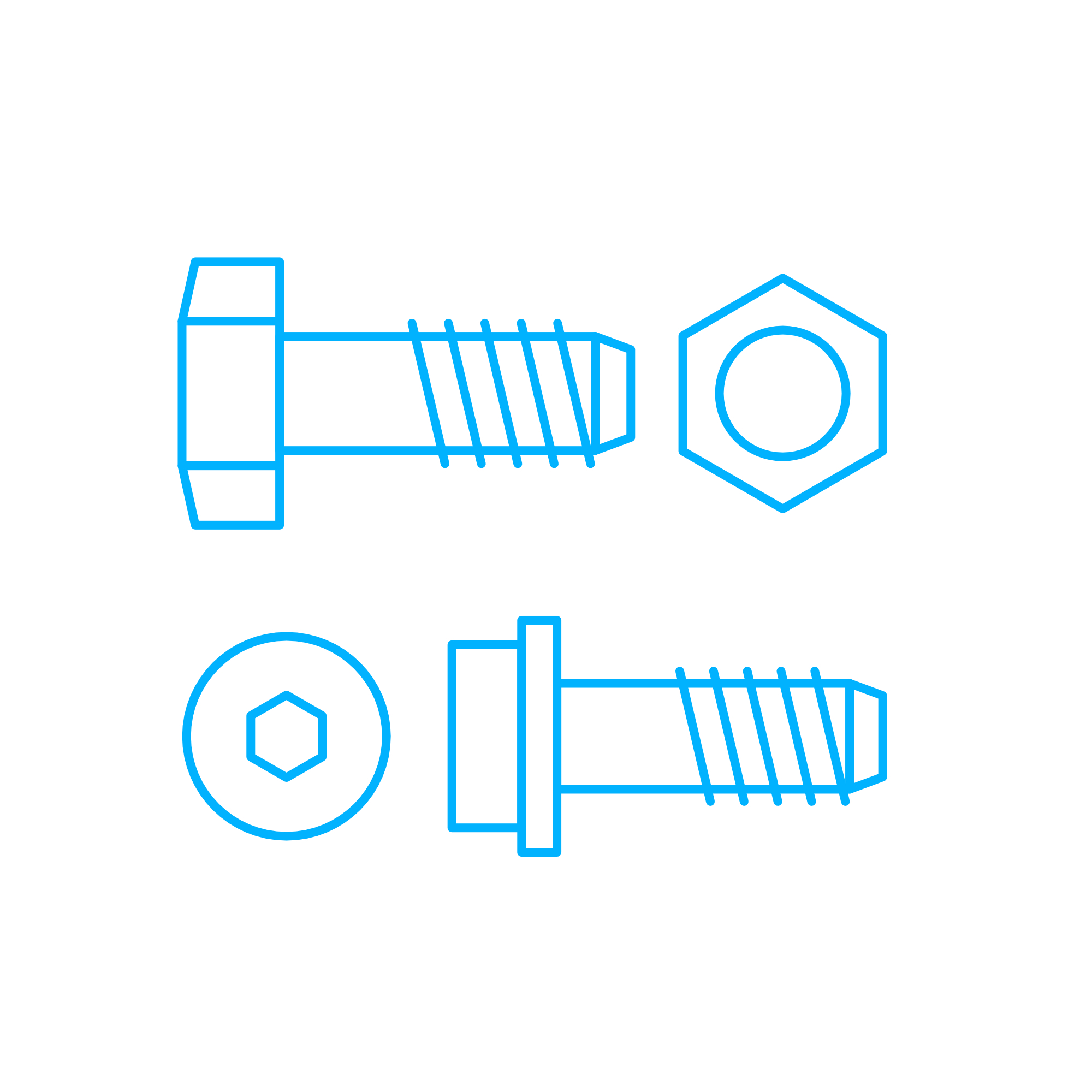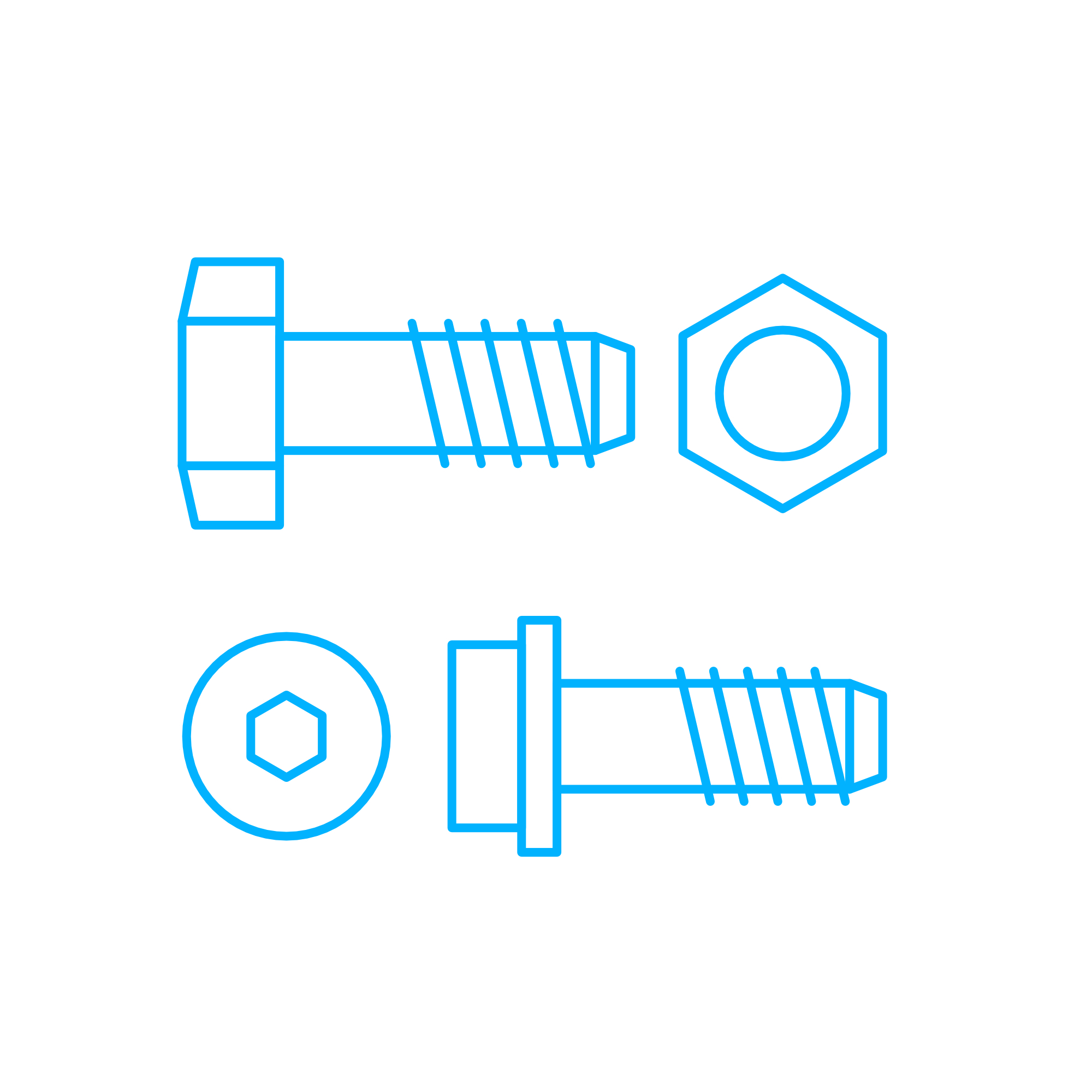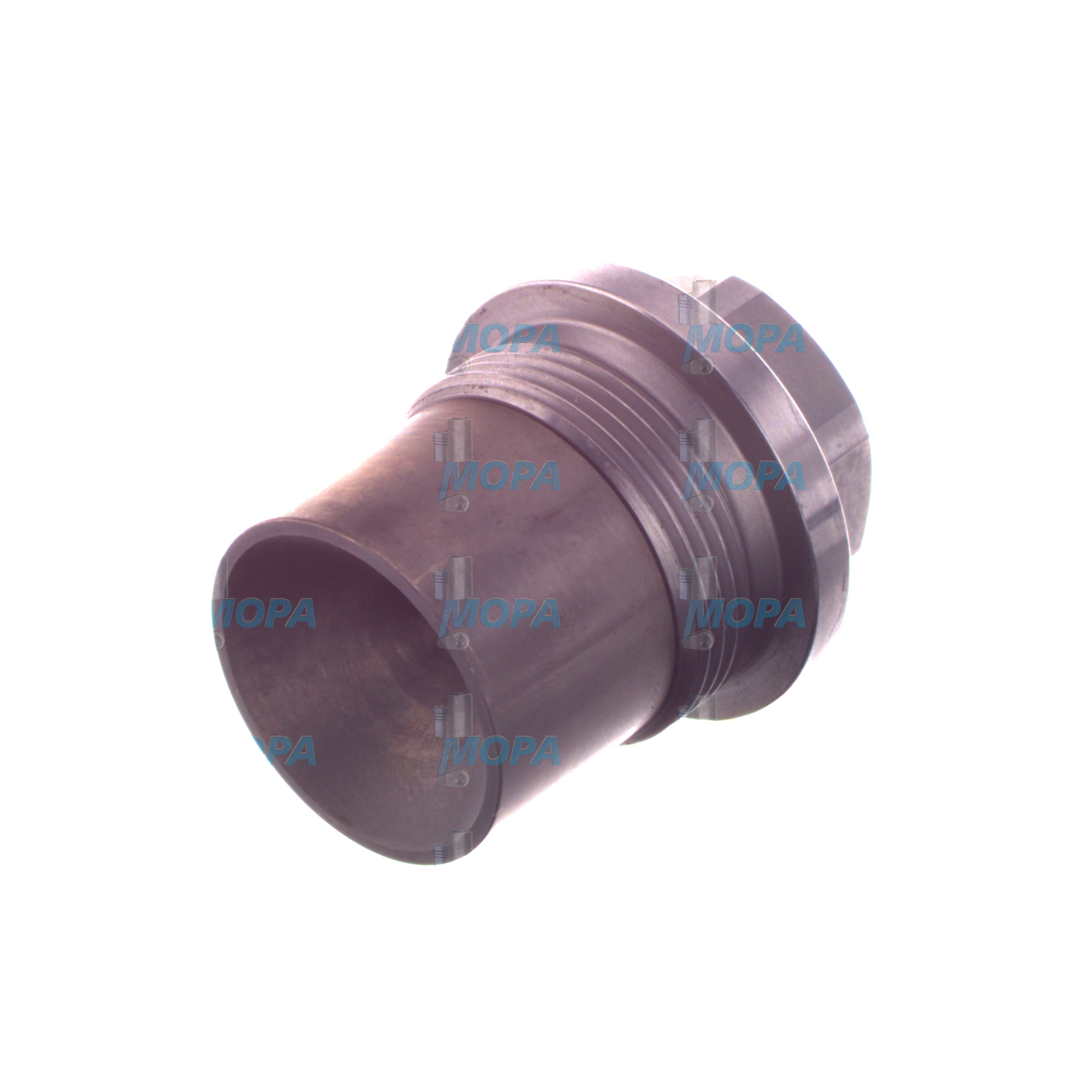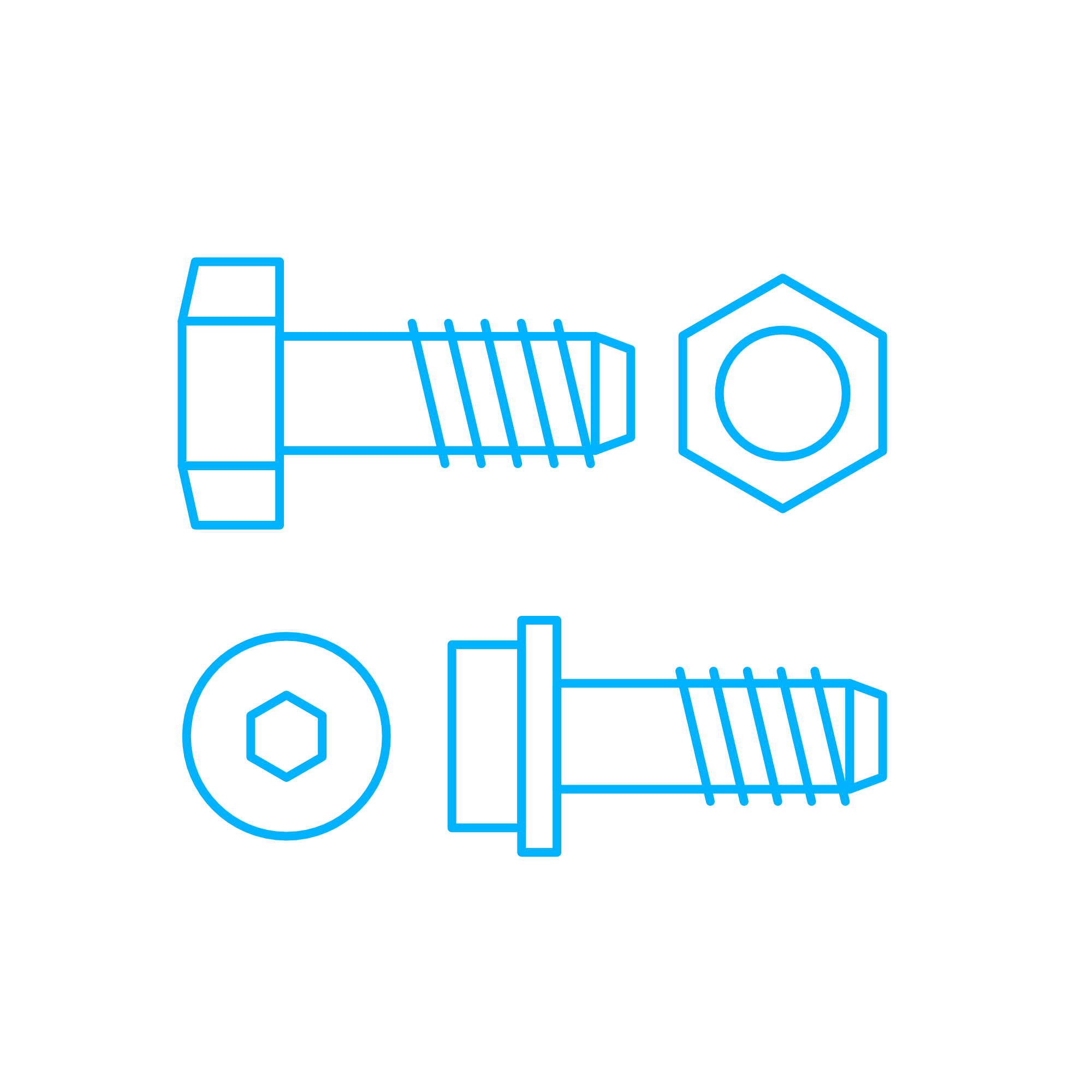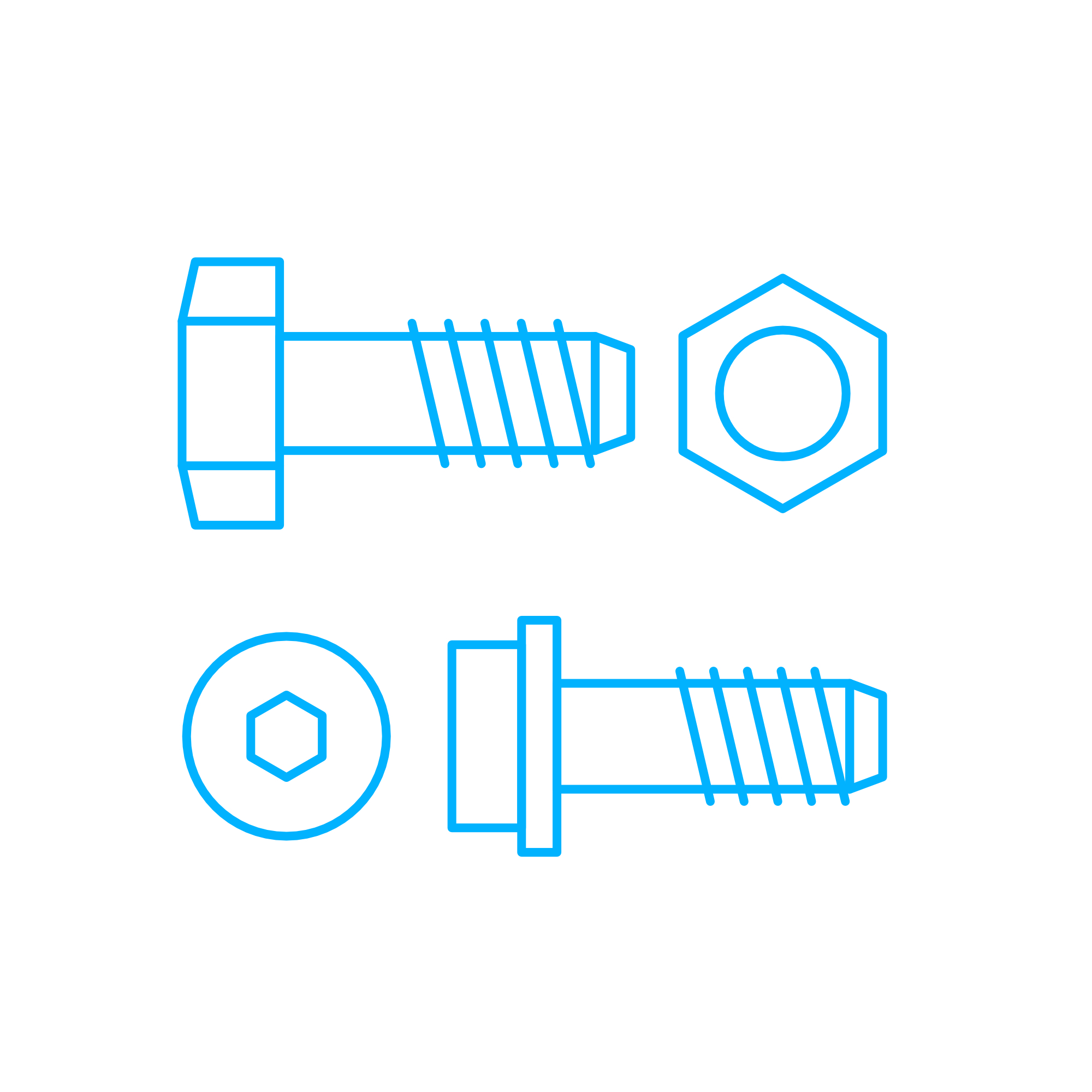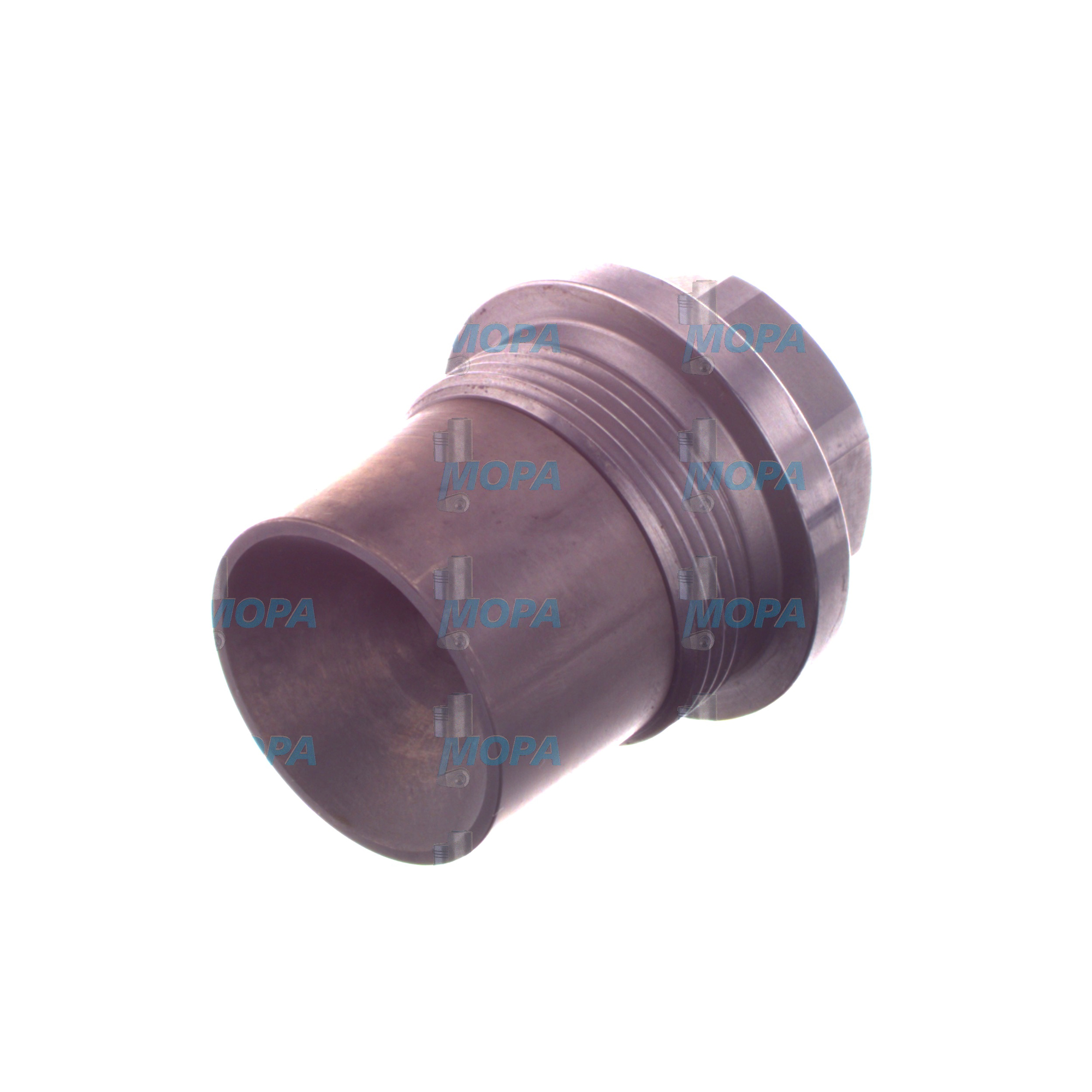DEFLECTOR SCREW and high‑spec screws for diesel and marine engine applications
Screws are precision fasteners that transform tightening torque into reliable clamping force, securing critical interfaces throughout an engine. From cylinder covers and manifolds to charge‑air coolers and instrumentation brackets, correctly engineered screws keep components aligned, sealed, and safe under cyclic loads. Within this article category, the DEFLECTOR SCREW represents a specialized fastener used to fix and position deflector plates or shields that guide air, oil, or gas flow inside an engine assembly—functions that are essential for stable combustion, thermal balance, and component protection.
In heavy‑duty diesel and marine engine environments, screws operate under vibration, temperature gradients, and corrosive atmospheres. Their material grade, thread precision, surface treatment, and heat treatment directly affect engine performance and service life. Selecting the right screw—and sourcing it as OEM spare parts—ensures predictable preload, repeatable assembly, and durable operation.
Technical function of screws and DEFLECTOR SCREW in diesel engine and marine engine systems
Engine screws provide preloaded clamping that maintains joint integrity under thermal cycling and dynamic stresses. Proper preload prevents micro‑movement between components, avoiding fretting, leakage, and misalignment. On cylinder heads, screws contribute to even gasket compression; on exhaust manifolds and turbocharger connections, they resist thermal expansion; in housings and gear covers, they preserve geometric alignment of rotating parts. The DEFLECTOR SCREW, specifically, secures deflectors that shape scavenging air, shield sensitive areas from oil spray, or direct coolant flow. In a diesel engine, that positioning can stabilize in‑cylinder air motion and temperature distribution; in a marine engine, it helps maintain clean airflow paths and protects nearby surfaces from erosion and deposits.
Material and design choices matter. High‑tensile carbon and alloy steels (e.g., classes 8.8, 10.9, 12.9) deliver the strength needed for highly stressed joints, while stainless or nickel‑based alloys address corrosion and high‑temperature zones such as exhaust uptakes. Thread tolerances (e.g., ISO metric 6g or UNF/UNC where specified) and head geometries (hex, socket, flanged, torx) are chosen for access, tool engagement, and load distribution. Coatings—phosphate and oil, zinc‑nickel, or dry‑film lubricants—stabilize the friction coefficient, yielding predictable torque‑to‑tension conversion. Where airflow components are involved, the DEFLECTOR SCREW often features specific head profiles and lengths to avoid protrusion into the flow path and to maintain tight positional tolerances. DEFLECTOR SCREW OEM parts are engineered to these drawings so that assembly clearances and airflow geometry remain exactly as intended by the engine designer.
- · High tensile strength for stable preload under cyclic loads.
- · Precise threads for repeatable torque‑tension behavior.
- · Heat and corrosion‑resistant materials for harsh zones.
- · Engineered head designs for tool access and load spread.
- · Controlled surface treatments for consistent friction.
- · Tight length and shank tolerances to protect flow and sealing surfaces.
- · DEFLECTOR SCREW options tailored to airflow and shielding tasks.
Why screws and the DEFLECTOR SCREW are critical for reliable engine operation
Reliable fasteners are a cornerstone of engine uptime. Loss of preload due to poor metallurgy, incorrect friction factors, or thread damage can lead to gasket failure, exhaust leaks, vibration‑induced fatigue, or misalignment of rotating assemblies. Corrosion can initiate stress risers and early failures, particularly in salt‑laden marine atmospheres. A single failed screw in a housing can compromise sealing; several loosened manifold screws can elevate backpressure and exhaust temperature, threatening turbocharger health.
When a DEFLECTOR SCREW in a diesel engine or marine engine loosens or is dimensionally incorrect, the deflector may shift. The consequences include disrupted scavenging, uneven cylinder charging, elevated thermal loading on specific liners, higher fuel consumption, and increased deposit formation. Over time this degrades performance and can trigger unplanned maintenance. Using the right screw—of the right strength class, dimensions, and coating—preserves joint integrity, airflow geometry, and thermal management, directly protecting efficiency and service life.
Advantages of OEM spare parts suitable for screws and DEFLECTOR SCREW
OEM spare parts suitable for screws are produced according to the engine maker’s specifications, with validated materials, hardness, thread tolerances, and coatings. This fidelity ensures that torque values from the service manual translate into the intended clamping force. It also safeguards compatibility with mating parts—threads, countersinks, washers, and locking features—minimizing assembly risk and rework.
Dimensional consistency protects functional clearances around flow passages and rotating components, especially where a DEFLECTOR SCREW interfaces with ducting or shields. Controlled surface treatments mitigate galling and stabilize friction factors, while heat treatment and microstructure control deliver the required fatigue resistance. Batch traceability and inspection records add process transparency and make lifecycle tracking straightforward for class compliance and fleet standards.
Performance, reliability, budget, and service life
OEM spare parts suitable for screws support predictable performance by achieving designed preload and maintaining sealing surfaces. Reliability improves through proven metallurgy and fatigue strength, reducing the likelihood of loosening or fracture under vibration. Budget outcomes benefit from faster, trouble‑free assembly, reduced need for re‑torque, and fewer unplanned stoppages. Over the long term, adherence to specified geometry and materials extends service intervals and prevents secondary damage that can arise from thread pull‑out, joint leakage, or disturbed airflow.
MOPA: fast, secure sourcing of OEM parts screws for diesel and gas engines
MOPA is an experienced partner for OEM spare parts suitable for screws, including DEFLECTOR SCREW applications across diesel and gas engines. Purchasers and shipowners rely on MOPA for rapid response, competitive lead times, and stringent quality control. From cylinder head fixings to airflow deflectors and hot‑end assemblies, MOPA provides parts with the right strength classes, coatings, and documentation to meet engine‑builder standards.
Speed, quality, and security define MOPA’s trade philosophy. You can expect clear identification, batch traceability, and consistent packing to protect threads and surfaces in transit. MOPA supports global deliveries to ports and service yards, assists with part number cross‑references, and helps align orders with overhaul schedules—reducing downtime and streamlining planned maintenance.
Conclusion on DEFLECTOR SCREW and engine screws
Screws are fundamental to engine integrity, and the DEFLECTOR SCREW plays a decisive role in controlling airflow and shielding within diesel and marine engine assemblies. Selecting OEM spare parts suitable for screws preserves preload, geometry, and corrosion resistance—key drivers of performance, reliability, and lifecycle value.
With MOPA as your partner for OEM parts, you secure the speed, quality, and transactional security needed to keep fleets running efficiently and safely.

